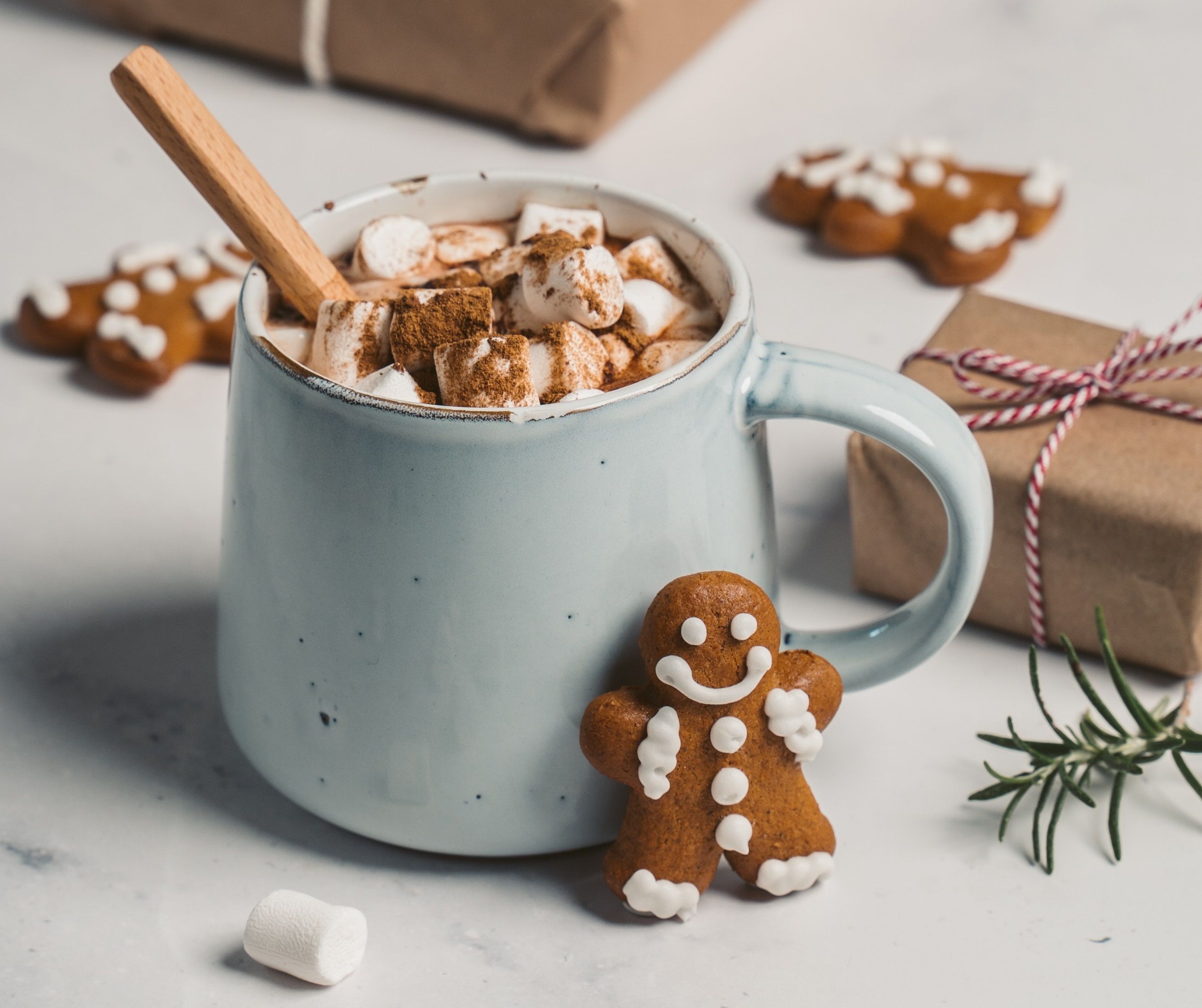Limited edition Christmas products - a sustainable packaging opportunity?

The festive season is here and the shelves are lined with fantastic new Christmas products, from the biggest retailers to the smallest startups, all hoping to entice consumers looking to enjoy a little bit of indulgence. But what should we be keeping in mind when it comes to packaging for limited edition products, particularly when sustainability remains at the top of the food & drink agenda?
IFE Manufacturing caught up with some leading experts in the packaging and sustainability spaces and ask them to share their insights into developing Christmas products right.
Use the opportunity to experiment
Sustainability consultant Peter Hajipieris, an alumni of Sainsbury’s, Tesco and Birds Eye, was the architect behind the first totally integrated sustainability programme in frozen food - Forever Food Together - which resulted in the introduction of the zip-lock for Birds Eye Peas followed by more packaging designed to reduce food wastage, carbon and packaging waste.
He comments: "The food and beverage industry plays a crucial role in promoting responsible packaging design and is a fundamental stage within sustainable food and drinks innovation plans. This is particularly applicable when developing limited edition product ranges where there is an opportunity to experiment with reduced packaging impact designs.
"Brands can extend this further with innovative social and circularity initiatives before rolling them out on a large scale. For example, a brand could ship its Christmas chocolate box in a reusable mailer or a drinks company could sponsor the removal of plastic waste or work with a rewards system for every bottle sold.
"In either case, limited-edition products can provide a unique ‘sustainability innovation – in-market consumer lab’ to test the feasibility and viability of lower impact novel sustainable packaging designs. And to extend circularity programmes, it is recommended to integrate sustainable packaging pilots and trials with an impact measurement framework as this can capture consumer or community feedback and so provide companies with insights for future sustainable packaging decisions.”
Consider the full life cycle of your materials
Sam Hyde-Hart, Technical Consultant at Hyde-Hart Consulting, comments that 'limited edition' doesn't have to mean wasteful, as long as the packaging is designed to be effectively recycled, adding: "Start with the end in mind: choose simple, high value materials, use recycled content where permitted but don’t use recycled materials if the end pack cannot be recycled, and follow well established guidelines such as RECOUP’s Recyclability By Design.
"High value limited edition packaging like musical biscuit tins find a special place in peoples' homes well beyond Christmas, exemplifying re-use. But consideration must be given to end of life: can the electrical components be safely removed and recycled to preserve the tin's material value?"
Plastic-free or reduced plastic packaging, doesn't always automatically translate to the most environmentally aware option, says Hyde-Hart. A number of drinks brands in particular are moving away from PET plastic, despite its lower carbon life cycle, towards higher value materials such as glass and metal. These materials, which at the moment are in high demand and short supply, can contribute towards a significantly increased packaging weight and sustainability implications when it comes to transport and postage.
"However, the emergence of low-cost, small scale digital printing technology has transformed branding opportunities for all flexible materials," he continues. "No longer a privilege preserved for the biggest brands, high quality digital bespoke printing can now be enjoyed by the smallest producers even home-scale start-ups printing 100 mono-PE pouches [mono-PE packaging is made of just one material, polyethylene, and therefore easier to recycle].
"Use of flexible materials with a bad reputation for being complex, multi-layer laminates heavily printed in festive designs have really been toned down this year. Leading brands and manufacturers are adopting a single polymer policy to favour mono-PE which can now increasingly be recycled. The same trend can be seen in wrapping paper, less print and decoration, higher grade stock all giving better material value to pass on to the recycler.
"Limited edition seasonal gifting products don’t necessarily need long shelf life, therefore presenting the opportunity to use more novel materials such as micro-laminated paper films, moulded rigid fibre packaging that may not provide the functional barrier potential of traditional plastics. If that is the case it's again important not to forget about end of life: how will it be re-used or recycled?"
Optimise packaging for post-use
Eddie Stableford, Food Brand Consultant at Brand Clock, comments: "Focusing on recycling is key, so wherever possible optimise your packaging for for post-use processing. It’s really important that mono-materials are used wherever possible and special print finishes such as varnishes and laminates are avoided.
"Use FSC materials [wood, paper or other forest products certified by the Forest Stewardship Council] whenever possible and avoid acetate windows. If you do need to use them, provide instructions to the consumer to remove them from the carton.
"For postal parcels use paper tape rather than conventional tape as this helps recycling significantly. Glass and aluminium are preferable to plastic for bottles and jars, and use vinyl/plastic labels rather than paper as these can be removed during processing and recycled. Films present the biggest recycling challenge currently as they are in the main laminates comprising of different materials which cannot be recycled, so avoid these if possible."
IFE Manufacturing 2023's Packaging Solutions Section will be showing a wide range of retail and foodservice packaging suppliers with sustainability at the core of their offering, such as compostable packaging provider BioPak, worldwide carton-based packaging manufacturer Elopak and recyclable film from Universal Flexible Packaging.
To keep up to date with the latest news from the end-to-end food production sector, subscribe to our newsletter.
)
)
)
)
)
)
)
)
)
)
)
)
)
)
)
)
)
)
)
)
)
)
)
)
)
)
)
)